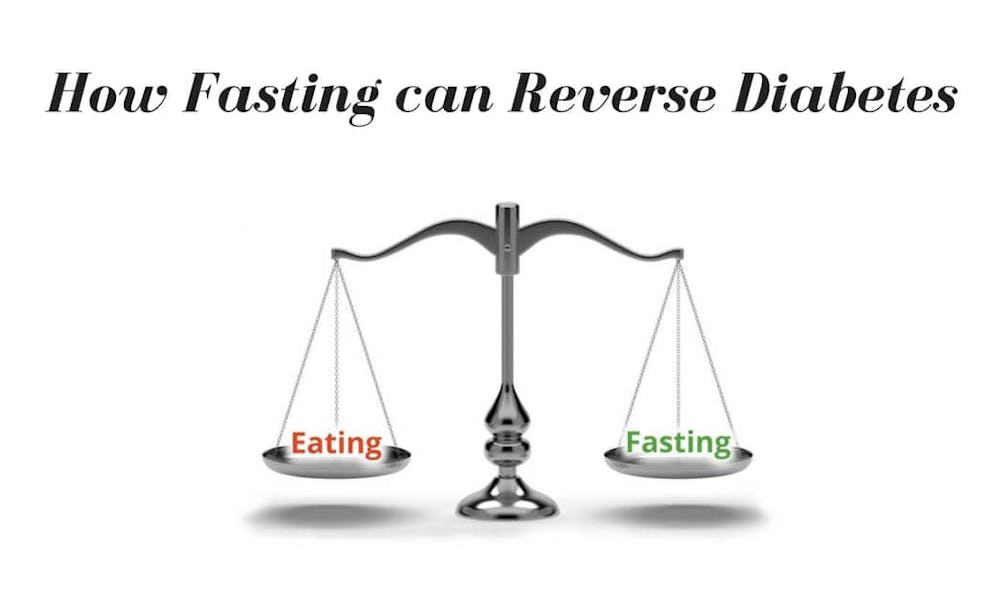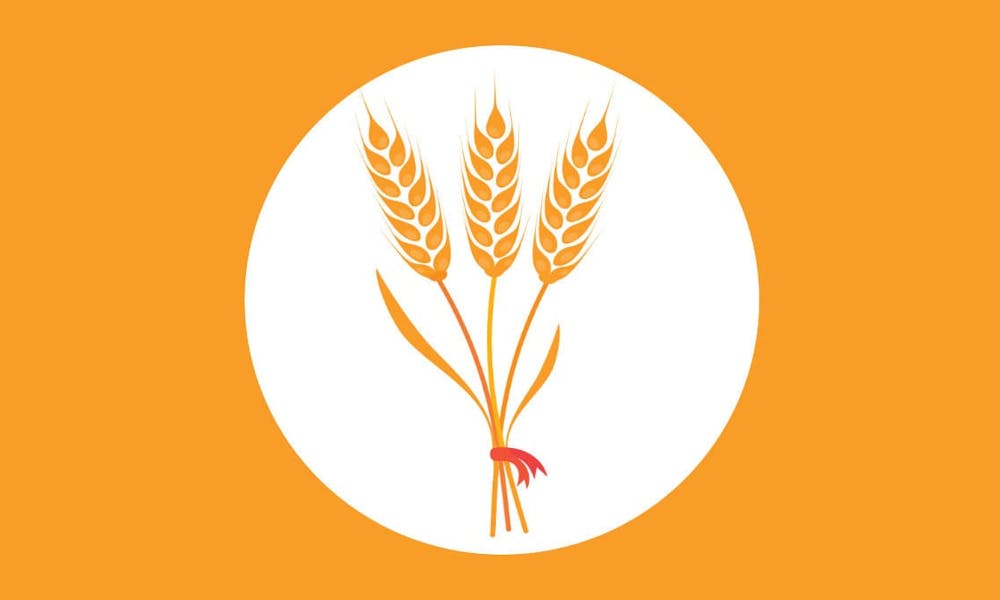
Subscríbete para recibir un plan de comidas para la diabetes de 7 dias, gratis
The conventional medical view of type 2 diabetes is strikingly similar to that of type 1–a chronic progressive disease that needs to be managed with medication. The cheery news from WebMD is: “There is no cure for diabetes. Type 2 diabetes can, however, be controlled with weight management, nutrition, and exercise. Unfortunately, type 2 diabetes tends to progress, and diabetes medications are often needed.” In stark contrast to this dismal news, there a number of studies and a wealth of anecdotal evidence supporting the notion that eating less can reverse or cure type 2 diabetes. Bariatric surgery, calorie restriction, a ketogenic diet and fasting can all either reverse or, at the very least, drastically improve type 2 diabetes.
What’s the connection?
The common thread among these four interventions is the consumption of less food. Fasting is loosely defined as abstinence from food and bariatric surgery amounts to a surgically induced fast because you just can’t eat a lot after having your stomach partitioned. A meta-analysis of 621 studies involving 135,246 patients to determine the impact of bariatric surgery on type 2 diabetes found that, “Overall, 78.1% of diabetic patients had complete resolution, and diabetes was improved or resolved in 86.6% of patients.”[^1]
As impressive as these statistics are, there is nothing magical about bariatric surgery. As glucose metabolism returns to normal surprisingly fast, long before any significant weight loss, it was assumed that the surgery somehow affected incretin hormone secretion. However, the real magic lies elsewhere. In a paper from 2013, Type 2 Diabetes Etiology and reversibility, the author points to the obvious but overlooked fact: “the major change that follows bariatric surgery: an acute, profound decrease in calorie intake.”[^2]
Oldest Therapy
Fasting is not some new-fangled craze, it’s the oldest therapy on the planet. It works because we are biologically primed for it. Our distant ancestors did not fast voluntarily, they basically starved on a regular basis. It’s well known that we come from a long line of predecessors who were habitually faced with either feast or famine, so it stands to reason that man has developed very efficient mechanisms to deal with both.
Digestion has evolved to take priority over everything else in the body because food was once very scarce and high calorie food even scarcer. We now live in an age where there are no lean times and are surrounded by high calorie, processed and addictive food. Our bodies are simply not equipped for this and the result is epidemic rates of heart disease, obesity and diabetes.
What happens when you fast?
When you give your digestion a complete rest, a complex cascade of events take place. Simply put, your body can divert the substantial energy required for digestion to cleansing and repair work instead. The upshot is an increase in sensitivity to hormones like ghrelin, leptin and insulin, and a decrease in inflammation and oxidative stress. Over time, digestion and nutrient absorption improve, the immune system works better, taste and smell sharpen and cravings for sugar and carbohydrates disappear. In other words, fasting is like fine tuning your body and allowing it to self-repair, whilst constant eating downgrades this process.
Long fasts are difficult to maintain and could be dangerous without supervision from an expert but intermittent fasting is relatively easy to do. You can skip breakfast first thing in the morning and only eat within an eight-hour period. This leaves a full 16 hours of fasting, including the eight hours you are asleep. Some people fast every other day or on two non-consecutive days a week. They might only drink water on fasting days or just eat less by cutting their normal intake by half.
The one important caveat is that when you do eat, it needs to be good quality, nutrient-dense food.
- Buchwald, Henry et al. "Weight And Type 2 Diabetes After Bariatric Surgery: Systematic Review And Meta-Analysis". N.p., 2017. Print
- Taylor, R. Type 2 Diabetes: Etiology And Reversibility. Diabetes Care 36.4 (2013): 1047-1055. Web. 2 Apr. 2017.
![[object Object]](https://images.prismic.io/dediabetes/e0b95e20-c0d4-4b4a-b834-ea76b5f34da8_author_std.jpg?ixlib=gatsbyFP&auto=compress%2Cformat&fit=max&rect=5%2C0%2C59%2C59&w=120&h=120)


